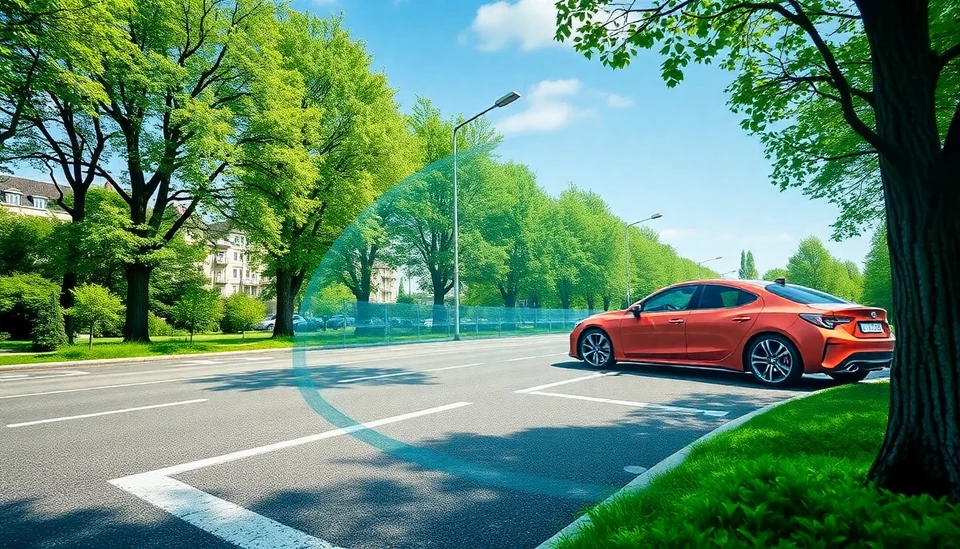
The European Union's ambitious green policy, aimed at reducing greenhouse gas emissions and promoting sustainable transportation, is under scrutiny as the automotive industry raises concerns over its current framework. As lawmakers intensify efforts to meet climate targets, the European Automobile Manufacturers Association (ACEA) is calling for significant amendments to the proposed regulations to ensure the viability of the car manufacturing sector.
In a recent statement, ACEA emphasized that the existing proposals threaten to jeopardize the competitiveness of the European automotive industry. The lobby argued that while the push for greener technologies is essential, the current plans do not adequately address the complexities and challenges that car manufacturers face. They warned that without thoughtful adjustments, the industry might struggle to adapt, leading to potential job losses and economic setbacks.
The ACEA highlighted several key areas where they believe changes are necessary. Primarily, they pointed to the stringent timelines set forth for transitioning to electric vehicles (EVs) and the ambitious emissions targets that could prove unfeasible for many companies. According to the association, a more gradual approach would allow manufacturers to better prepare for the shift toward electrification, ensuring that they can invest in necessary technologies without jeopardizing their financial stability.
Moreover, the automotive lobby expressed concern over the availability of resources crucial for EV production, particularly the materials required for batteries. They urged EU policymakers to consider the supply chain challenges and the global competition for rare minerals necessary for building electric vehicles, which could hinder progress if not adequately managed.
Furthermore, the ACEA called for a detailed roadmap that would outline the transition process, providing clarity and predictability for carmakers. A more strategic plan is essential for the industry to navigate the complexities of electrification, they argue, ensuring that both established manufacturers and new entrants can participate in the green transition.
The EU's climate objectives, which include achieving net-zero carbon emissions by 2050, represent a monumental challenge. While the overarching goals are welcomed, the automotive sector remains a vital component of Europe's economy, contributing millions of jobs and substantial economic output. Balancing regulatory pressure with industry needs could prove vital to the success of the EU's green ambitions.
As discussions continue, the outcomes of these negotiations could significantly shape the future of the automotive landscape in Europe. The ACEA’s insistence on a collaborative approach between policymakers and manufacturers is gaining traction, suggesting that the industry's feedback will be integral to the ultimate formulation of the EU's green policies.
In conclusion, while the EU's push for a greener future is commendable, its implementation needs careful consideration of the automotive industry's realities. Stakeholder dialogue will be crucial in forging a path that aligns the EU's carbon neutrality goals with the economic and operational capacities of car manufacturers.
#EU #GreenPolicy #CarmakersLobby #Sustainability #ElectricVehicles #ACEA #ClimateChange #AutomotiveIndustry #NetZero #GreenTransition
Author: Sophie Bennett




